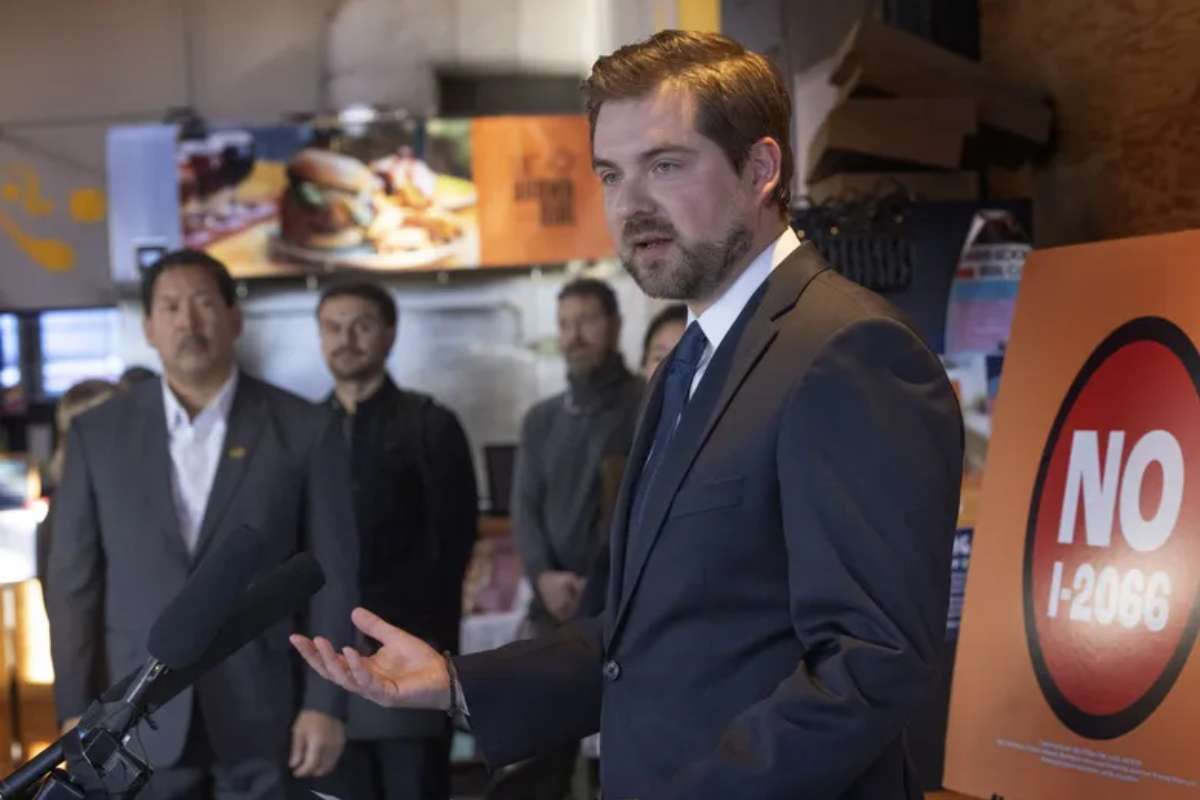Seattle and King County Join Lawsuit Against Initiative 2066
King County and the city of Seattle, alongside climate advocacy groups, have filed a lawsuit challenging the constitutionality of Initiative 2066, a measure narrowly passed by Washington voters in November. The initiative, which explicitly protects access to natural gas and weakens energy codes, threatens the state’s long-term climate goals by impeding the transition away from fossil fuels. It passed with 52% of the vote and was strongly backed by the Building Industry Association of Washington (BIAW), the Washington Hospitality Association, and the political action committee Let’s Go Washington.
The plaintiffs, including organizations like Climate Solutions, Washington Conservation Action, and the Washington Solar Energy Industries Association, argue that the initiative violates Washington’s Constitution by addressing multiple subjects. Represented by Pacifica Law Group, they also claim the measure’s title was misleading and that it improperly alters existing laws. During a press conference at Métier Brewing Company, Seattle Mayor Bruce Harrell emphasized the lawsuit’s importance, stating, “We will fight when our planet, our air, and our water are at stake.”
The legal challenge is expected to gain momentum in early 2024, with a hearing anticipated in January or February. Experts predict the case could escalate to the Washington Supreme Court.
Initiative 2066’s Impact on State Energy Codes and Utilities
Initiative 2066 directly counters Washington’s efforts to curb reliance on climate-warming natural gas. It mandates that local governments and the state energy code cannot “prohibit, penalize, or discourage” the use of natural gas, complicating efforts to prioritize cleaner energy alternatives. Current energy codes favor buildings with electric heat pumps, which are more efficient than gas appliances. The initiative also restricts Puget Sound Energy, Washington’s largest utility provider, from studying or planning electrification projects. It further blocks incentives to phase out natural gas services or require customers to switch fuel sources involuntarily.
In response, the State Building Code Council has started reviewing ways to update energy codes to comply with Initiative 2066 while maintaining alignment with federal standards and energy efficiency goals. Council members acknowledged the challenges ahead. Kjell Anderson, a council member, stated during a recent meeting, “We’re going to get sued no matter what we do, so we need to move thoughtfully.”
Despite its passage, Initiative 2066 faces growing legal and practical uncertainties, with ongoing scrutiny from climate advocates and regulatory bodies alike.
Supporters Defend Initiative Amid Legal Challenges
Proponents of Initiative 2066, led by the BIAW, remain confident the measure will withstand legal scrutiny. Greg Lane, Executive Vice President of the BIAW, stated in October that the initiative was “very tightly written” with potential legal challenges in mind. Lane reiterated the voters’ decision, saying, “Millions of voters have spoken, and Initiative 2066 is now law.”
However, the initiative’s broad scope and its immediate impact on energy policy have sparked widespread pushback. Critics argue that the measure undermines Washington’s climate goals and energy efficiency standards while creating uncertainty for builders and policymakers. The BIAW has also filed a separate lawsuit urging courts to ensure the State Building Code Council adapts the current energy codes to comply with the initiative.
The legal battle surrounding Initiative 2066 echoes previous state challenges to initiatives. In 2020, the Washington Supreme Court struck down a measure on car-tab fees for containing multiple subjects, a precedent that could influence the outcome of this case. For now, both supporters and opponents brace for an extended fight in the courts, with Washington’s energy future hanging in the balance.












